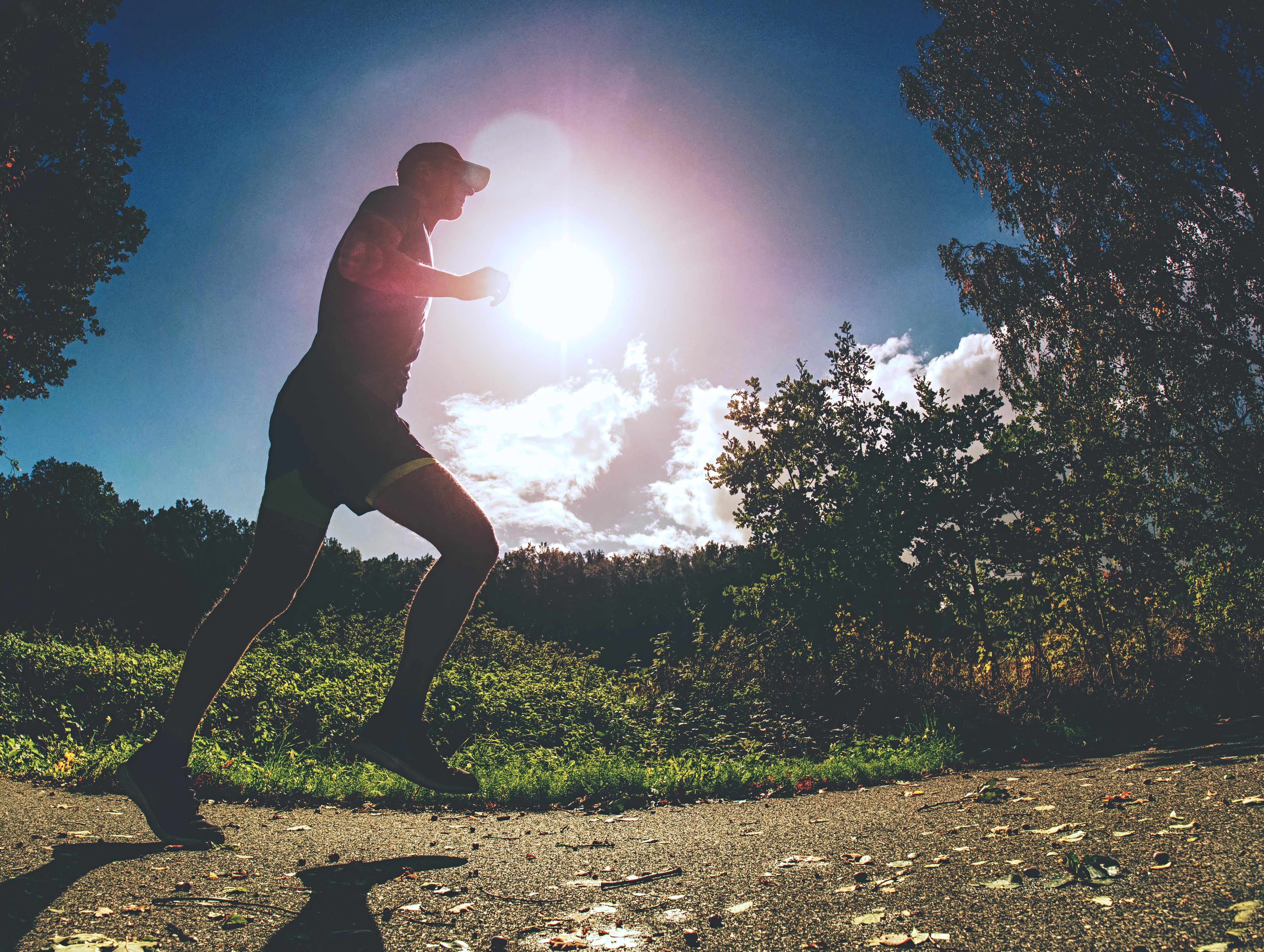UK adults could be depriving themselves of vitamin D, study finds
42 per cent admitted they never venture outside for a lunch break

A quarter of UK adults could be starving themselves of much needed vitamin D by regularly staying inside for days at a time, according to a study.
Researchers who polled 2,000 adults found a fifth of the population failed to leave their house for five days - or more - in succession during the past 12 months.
And this figure doesn’t include those required to self-isolate or quarantine due to the pandemic.
Even a quarter of those with a garden or outdoors area admitted they rarely spend time in such spaces.
Exposure to vitamin D is also few and far between for working adults – with 42 per cent admitting they almost never venture outside for a lunch break.
Indeed, a third of all those polled appear to recognise there is a problem – believing they spend too much time cooped up indoors.
Furthermore, a quarter of all adults don’t think they get enough exposure to natural light and almost a fifth believe there is a distinct lack of it in their homes.
The research was commissioned by VELUX to highlight the importance of natural light to our health and wellbeing.
Following the findings, the roof window manufacturer has teamed up with Danish architecture firm Henning Larsen to design an installation called ‘The Cube’ for London Design Festival.
Visitors will get the chance to experience ‘an artistic interpretation of natural light and fresh air’ with the aim of demonstrating the difference both these things could make to their homes.
Eva Ravnborg, design director at Henning Larsen, said: “At Henning Larsen, we share a mutual interest and history with VELUX in that we work with daylight.
“In Scandinavia, where we’re based, daylight is a resource that we work with very consciously. It is sometimes in abundance, sometimes scarce, but most of all it’s ever-changing!
“Getting an opportunity to collaborate on The Cube by VELUX has been a perfect opportunity to be playful with daylight and create a special experience for the visitors”.
The study also found two thirds of adults admit a lack of natural light negatively impacts their mood and overall mental wellbeing, according to the OnePoll figures.
And those who feel this way explained just how they are affected – 44 per cent feel less motivated, 40 per cent feel less happy, 24 per cent feel more anxious, and 33 per cent feel irritable.
A spokesman for VELUX said: “In general we know we need to eat well and do exercise, but natural light isn’t something people tend to consider – as the study shows.
“But there are so many benefits to natural light – it makes more difference to our health than you might think.
“It’s good for our skin, it helps ward off seasonal depression, and it can even improve quality of sleep so its positives shouldn’t be underestimated.
“Looking after oneself is something we know we need to do but it can easily fall by the wayside due to a whole host of commitments in our daily lives.
“But actually it is easier than you might think – and getting just a few minutes of natural light of course is one way which will make all the difference.”
The Cube by VELUX, the free-to-visit special project at London Design Festival will be open from 18th - 26th September at Observation Point - or more information click here [https://www.veluxcube.co.uk/]
TOP BENEFITS OF NATURAL LIGHT
• People need daylight to help control the most basic metabolic processes, just as they need food and water.
• Sunlight is a natural anti-depressant.
• Adequate daylight is associated with improved mood, less obesity, less fatigue and eyestrain, more restful sleep and more immunity to diseases and infections.
• Better daylight conditions increase learning and concentration by up to 15 per cent.
Subscribe to Independent Premium to bookmark this article
Want to bookmark your favourite articles and stories to read or reference later? Start your Independent Premium subscription today.

Join our commenting forum
Join thought-provoking conversations, follow other Independent readers and see their replies